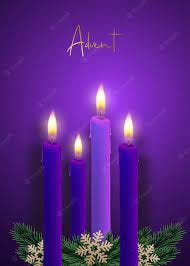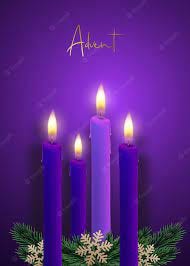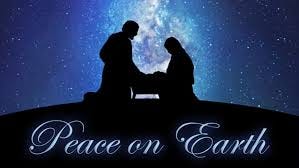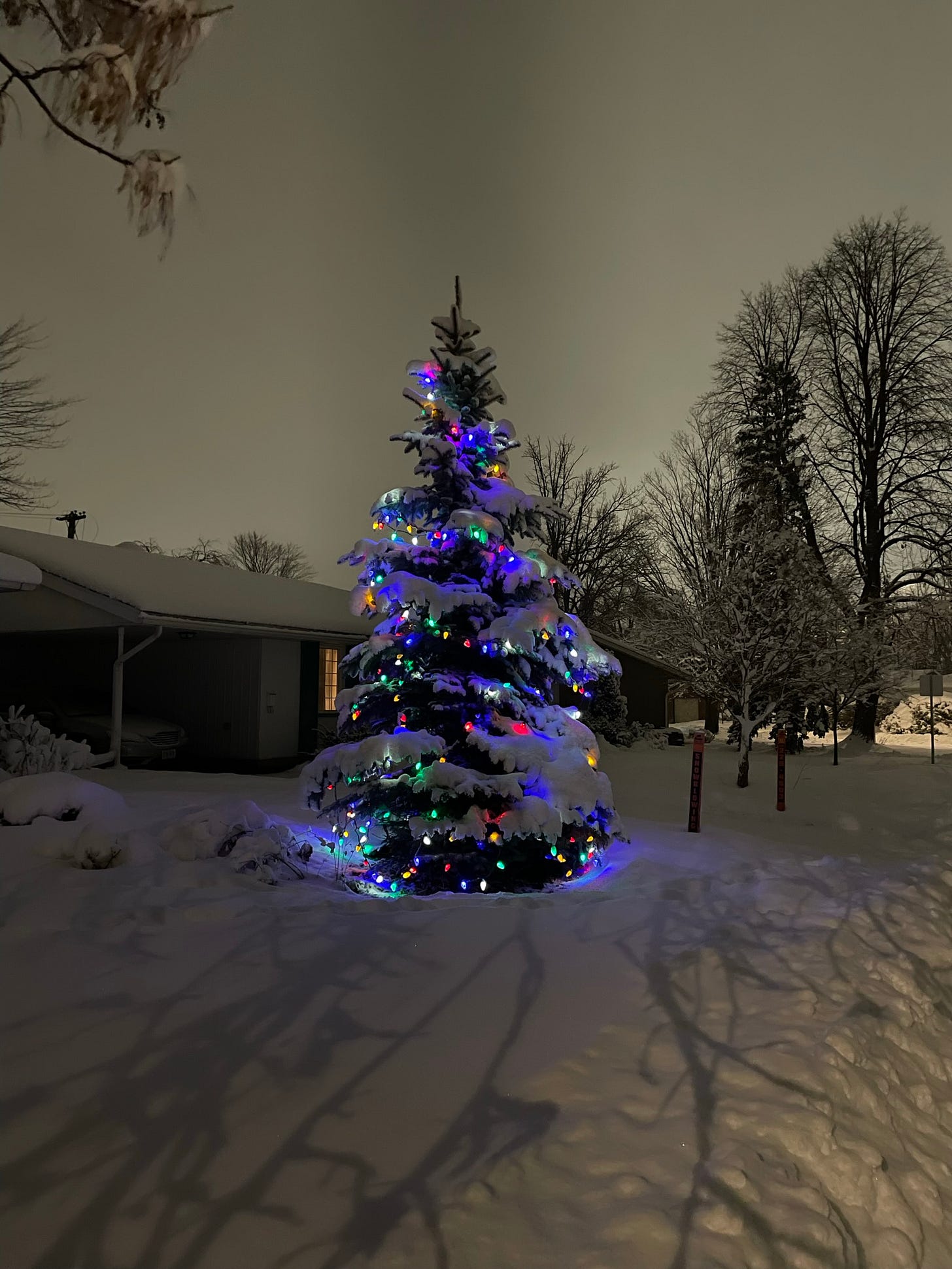Advent Reflection 4: A Deeper Understanding of Incarnation
It is Advent 4; we lit the candle of love on Sunday. Today is also the Winter Solstice, the longest night of the year in the Northern Hemisphere. Along with the Summer Solstice in June (the longest day of the year), the Winter Solstice has been recognized and honoured for thousands of years among diverse human communities. There has been a nearly universal recognition within the Earth community of the power and meaning of light. On this longest night, we recognize the deep darkness that comes in the winter time. Long before the advent (pardon the pun) of electric lights and the 24-hour clock of industrial capitalism, it was recognized that, along with the other-than-human community, winter is the time for more rest, less activity, and burrowing for warmth and comfort. Winters, then and now, can be harsh, cold, and dangerous for so many people. The Winter Solstice is a time to recognize and proclaim that, despite the cold and dark, the fear and hunger, the nights are becoming shorter and the light is growing longer and stronger.
Christmas is celebrated at this time of year because the reality of the growing light has become a powerful metaphor for what God has done in our world. By becoming incarnate within God’s good creation, God has shown that the hope, peace, joy, and love that comes with the birth of Jesus is, like light itself, that which warms us, shows us the path forward, and holds the promise of the fullness of the kingdom of God at some point in the future.
As we light the candle of love this Advent, I recognize, as I said last week, that so many are struggling in this Advent season. There are people in my life for whom life will not become easier on Christmas Day; illness, loss, grief, loneliness, and pain are the experiences that so many are living with, right now. As we each celebrate this Christmas, however we celebrate (or, if we celebrate in other traditions) may we each be aware of just how dark the winter night is for so many, and that the profound power of light being born into the world must go far beyond just celebrating a baby in a manger. The power of light being born into the world holds that power because of the promise of the future, when God will come again, in the fullness of the reign of God, when God’s Hope, God’s Peace, God’s Joy, and God’s Love will permeate completely and totally. May it be so. Thanks be to God.
Announcements
In order to celebrate Christmas and enjoy time with my family, this will be my last newsletter until after Epiphany (January 6). In our household, the tree does not come down until that day, so that we allow ourselves to rest and enjoy each others’ company during this season. Whatever your own traditions, I hope that you find meaningful time for yourself and with your loved ones. See you in 2023!
BLOG POST: Finding Joy in Discipleship (and the Kitchen)
Find it here: https://jessicahetherington.ca/blog/
Advent Reflection
Advent 4: A Deeper Understanding of Incarnation
I will sing of the Lord’s great love forever;
with my mouth I will make your faithfulness known
through all generations.
2 I will declare that your love stands firm forever,
that you have established your faithfulness in heaven itself.
3 You said, “I have made a covenant with my chosen one,
I have sworn to David my servant,
4 ‘I will establish your line forever
and make your throne firm through all generations.’”[c]
5 The heavens praise your wonders, Lord,
your faithfulness too, in the assembly of the holy ones. (Psalm 89:1-5, NIV. Emphasis added)
In the birth of Jesus, we understand God as both fully human and fully divine. Over the course of centuries, in various interpretations and emphases, often one aspect or the other has been emphasized. Sometimes his divinity has been held up and focused on; at other times, it is his humanity. At times, some Christians have been uncomfortable with one aspect or the other. For those who find Jesus’ complete divinity unnerving, there is a discomfort (or even a disbelief) in recognizing God as a power above and beyond human beings; to point toward the other-worldly aspect of God; to suggest that there is a way and means to God that is outside of the realm of the observable, outside of the realm of the ‘believable.’ Others find the reality that Jesus was born from a woman’s body, out of pain and blood and struggle, and that he had the same bodily experiences of most of us, to be uncomfortable. To recognize Jesus as fully human means to look at other humans and what they experience – especially refugees, the poor, racialized peoples, and those within the LGBTQ2S+ community – and not look away.
And there are still others who hold the reality of this both-and reality of Jesus, that he was born fully human and fully divine, and somehow let both realities in, even when they lead to more questions than answers, more wondering than less. Especially when this dual reality leads to more questions than answers, more wondering than less. In this fourth week of Advent, I invite us all to sit at this place of letting both things be true, and let the questions come forth.
As we sit, I want to invite us to go even deeper; for what we have learned about the emergent universe, about its story of beginning 13.8 years ago, and its growing and expanding, evolving and surprising, deepens the reality and truth of the incarnation even further.
For Jesus was not just fully human and fully divine; he was also fully a being of the universe, too! He was also an aspect of the universe reflecting upon itself. In first-century Palestine, into a world of power and corruption, as well as a world of faithfulness, tenderness, and love, Jesus was the universe reflecting on itself. When we read the biblical stories, we are reading human understanding and interpretation of that universe self-reflection.
For Christians, the birth of Jesus is about a way in which God wanted to become incarnate in and through the universe. Jesus wasn’t just human; he was fully a part of God’s good creation, and fully a part of the universe itself. God wasn’t just divine; he was the expression of divinity in and through the entire 13.8 billion universe story!
The universe is not God; God’s creation is not God. But God permeates and empowers every part of creation, every part of the universe, from the moment of the Big Bang and through to today. For Christians, we learn about this through the birth of Jesus. The incarnation teaches us that matter matters, that all that which is born of and through the Earth matters, that all that has come forth from the initial elements of 13.8 billion years ago matters. And, the incarnation teaches us that all of creation, all of the universe, has become the place in which the full divinity of God has become manifest. The full power and mystery of God, while not contained by creation within the universe, is present to us within the universe story.
And so, for this Advent reflection, I invite you to reflect on this deeper dimension of the incarnation. What does it mean that Jesus is fully of the universe, that he was fully an Earth creature emerging from a 13.8-billion-year process? What does it mean that Jesus, as an aspect of the universe reflecting upon itself, is also fully divine? Whatever your own theological perspective on the understanding of Jesus as fully human and divine (and your own comfort level with that both/and reality), in what ways do these questions help to increase your questions and your wonder, your faith and your experience of God?
Next week, as you celebrate Christmas and find your place at the manger, I invite you to think of that manger, and the baby who is in it, within the context of the 13.8-billion-year emerging universe. I leave you with these words from Fr. Neil Vaney, a Catholic priest:
“Through his DNA, Jesus took on not just Mary’s biological past, but the genetic inheritance of the Semitic peoples. …He inherited chemical bonds laid down in the cooling of supernovae, structures that developed in plants, muscle and tissue structure found in animals, and finally the embodied spirit unique to human creatures. In taking on this inheritance, he became connected to every being at every level of this entire cosmos.”
Happy Advent, my friends. And Merry Christmas. May God’s love surround you, may the profound connection with the cosmos sustain you, and may the embodied love of God through the Earth community fill you and make you whole. AMEN.
Earth Community in Pictures
It is not often that I get to go for a walk by myself ("Mom! Can I come? What about me? Can I come too??"), especially at night. But recently I found myself walking alone outside in a winter wonderland. Here are a few pictures from that walk.








